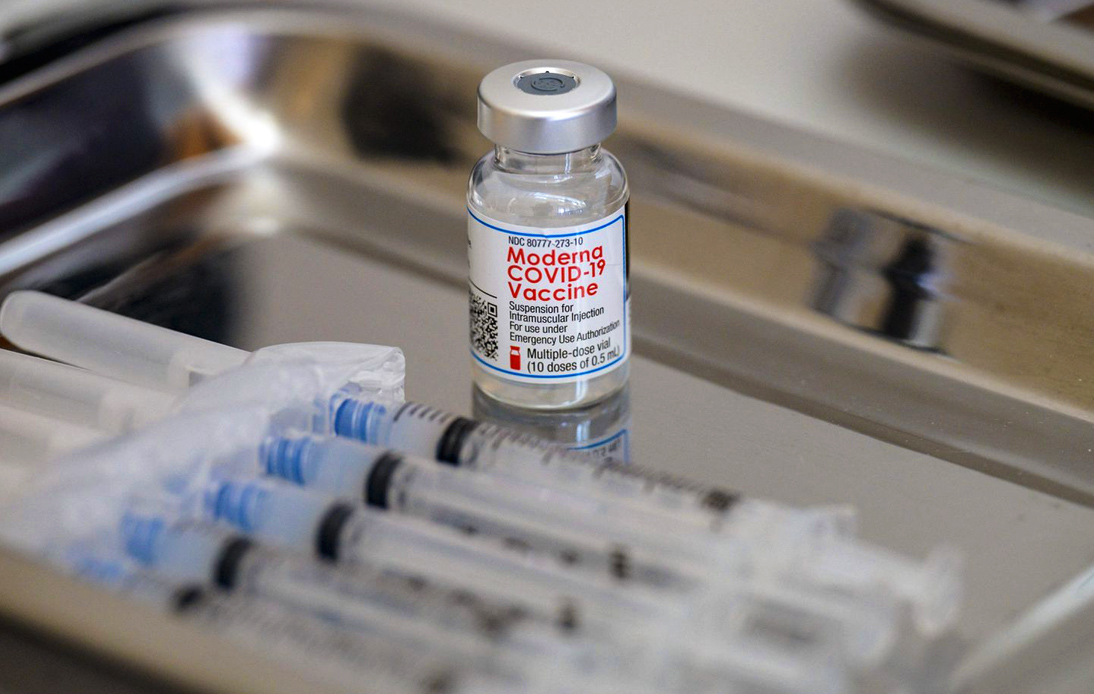
The Private Hospitals Association’s chairman Chalerm Harnphanich has announced that an allotment system for Moderna Covid-19 jabs will be applied.
Therefore, not all people who booked and paid for Moderna vaccines would receive their shots.
Late this week, Dr. Chalerm told local media that the allotment, which works like a share subscription, was necessary.
He stated that the association had reached an agreement with the Government Pharmaceutical Organization, which would sign a supply agreement with Zuellig Pharma Thailand on their behalf to order 5 million doses.
However, 1.1 million shots from that batch would go to the Thai Red Cross and Siriraj and Ramathibodi hospitals.
Private hospitals would receive only 3.9 million shots, Dr. Chalerm added.
The Thai Red Cross Society recently said it would sell its batch of jabs to Thai provincial administration organizations for 1,300 baht each.
But those organizations must administer the Covid-19 shots to people for free, the Thai Red Cross Society stated.
According to reports, the initial supply is far short of demand for Moderna vaccines.
Results of surveys on the mRNA jab’s demand showed that 277 member hospitals of the association had booked 9.2 million shots in total, Dr. Chalerm said.
The Private Hospital Association encompasses 330 hospitals.
Dr. Chalerm explained that they would first deliver 10,000 doses to each of the 277 hospitals to distribute the remaining supply evenly.
He added that 194 hospitals that requested fewer than 10,000 doses would receive 100% of their bookings.
The remaining 2.4 million shots would be allocated to private hospitals according to their demand.
Each hospital must decide who would be administered their vaccines and how many doses they would give per person, Dr. Chalerm added.
Responding to questions about plans to order more jabs, he told reporters that his task force had planned to procure 5 to 10 million shots of the vaccine’s second generation.
The batch is expected to be available in the second quarter of next year, Dr. Chalerm said.




















